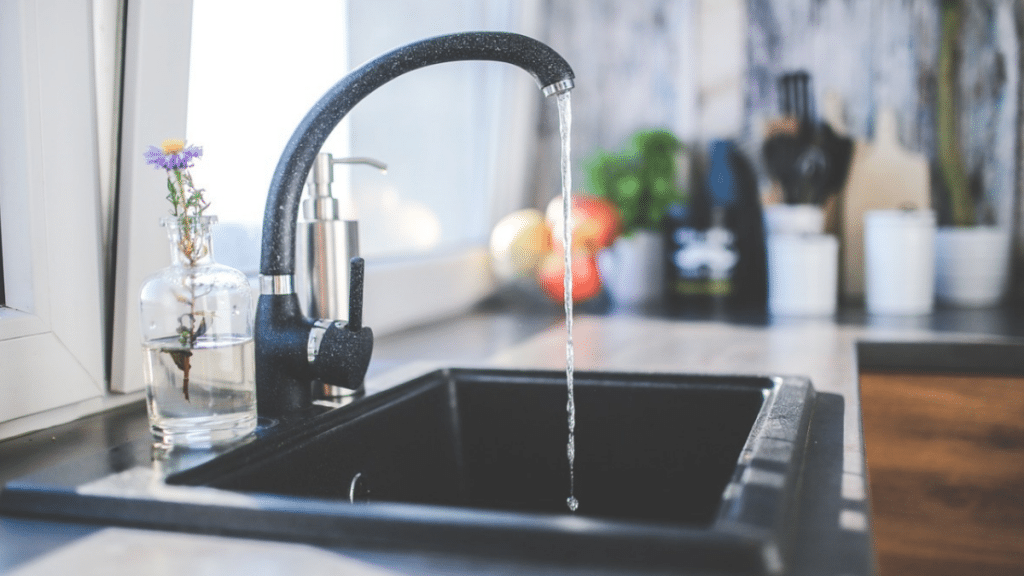Most people think of their homes as safe spaces, and they should be. But the truth is, the air you breathe and the water you drink inside your house could be quietly undermining your health.
Dirty filters can trap harmful particles and bacteria. When neglected, they simply stop doing their job. It might sound dramatic, but it’s backed by science and experience: indoor air and water quality can be up to five times more contaminated than outdoor sources. From allergens to bacteria, poor filtration can lead to chronic exposure to harmful substances.
Where Contaminants Lurk
Filters play a bigger role in household health than many people realize. They’re not just found in air purifiers, but throughout your home. Air conditioning units and HVAC systems pull in dust, pet dander, mold spores, and pollen. If the filters aren’t changed regularly, these irritants can end up circulating through your living space. Drinking water systems and refrigerator dispensers, if left unfiltered, can expose your family to lead, chlorine, and even bacteria. And pool filters? Neglecting them, especially in warmer months, creates the perfect breeding ground for algae and microbes.
Key Areas Where Filters Matter:
- Air conditioners and HVAC systems
- Drinking water systems and refrigerators
- Backyard pools
Health Impacts You Might Not Expect
Many everyday health symptoms can be traced back to unclean air and water. Chronic fatigue, frequent headaches, allergy flare-ups, or skin irritation might all be signs of an unhealthy indoor environment. Children, seniors, and those with respiratory conditions like asthma are even more vulnerable. Something as seemingly unrelated as poor sleep can be affected by stale, unfiltered air.
Potential Health Effects of Dirty Filters:
- Fatigue and headaches
- Skin issues and respiratory irritation
- Sleep disturbances
The Case for Regular Filter Changes
Avoiding these risks starts with one simple habit: replacing your filters on time. Air filters should be changed every 1 to 3 months, depending on usage and household conditions. Water filters typically need replacement every 6 months, though some systems may vary. For pool filters, it’s best to change them every season or after periods of heavy use. Staying on schedule helps reduce buildup, improve airflow, and ensure clean water and breathable air throughout your home.
Recommended Filter Replacement Timeline:
- Air filters: every 1 to 3 months
- Water filters: every 6 months
- Pool filters: every season or after heavy use
One Place to Get It All
AllFilters makes managing your home’s filtration systems easy and efficient. From air and water filters to pool systems, they offer a wide selection that’s searchable by brand, system type, or size. The platform is user-friendly and designed for convenience, so you can quickly find what you need without guesswork. With fast delivery and a trusted reputation for quality, AllFilters simplifies household maintenance and makes it easier to keep your family safe and healthy.
Replacing your filters regularly isn’t just about convenience; it’s about protecting your family’s health before problems arise. Before symptoms show up, prevention starts with something as small as a fresh filter. Your family’s health depends on it.
